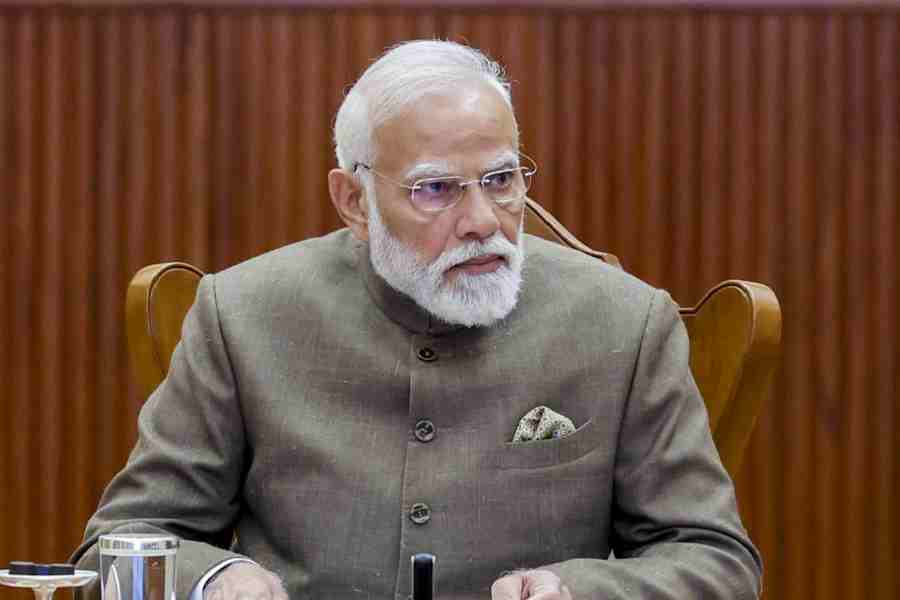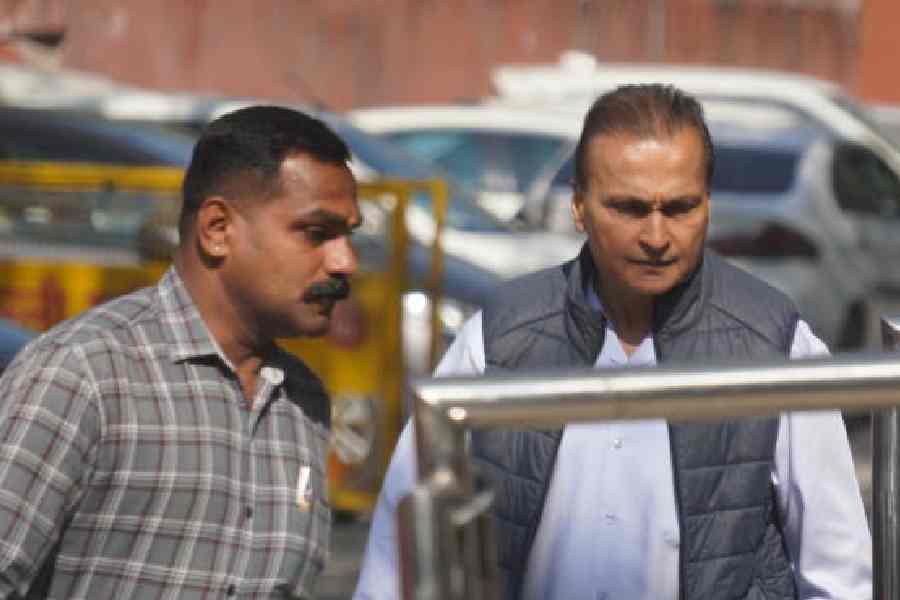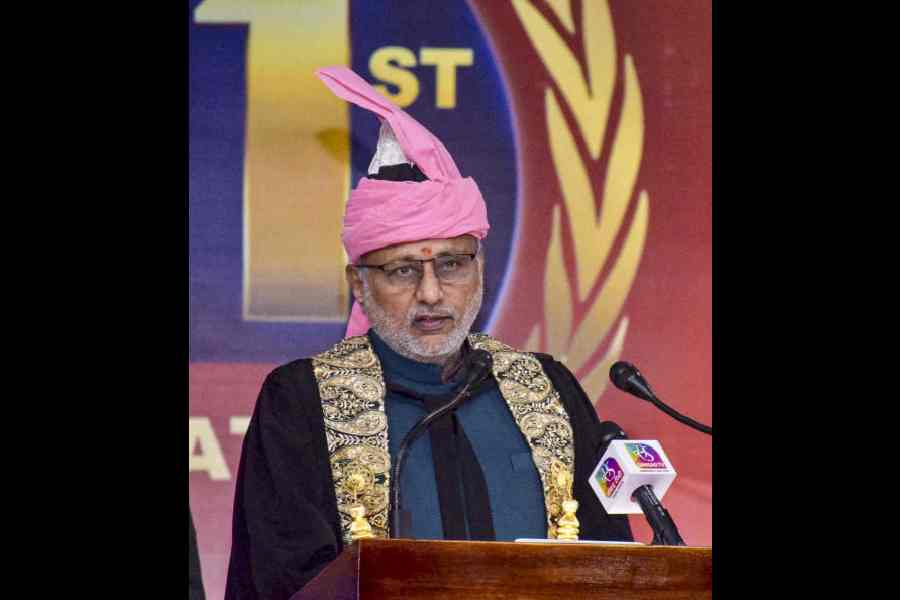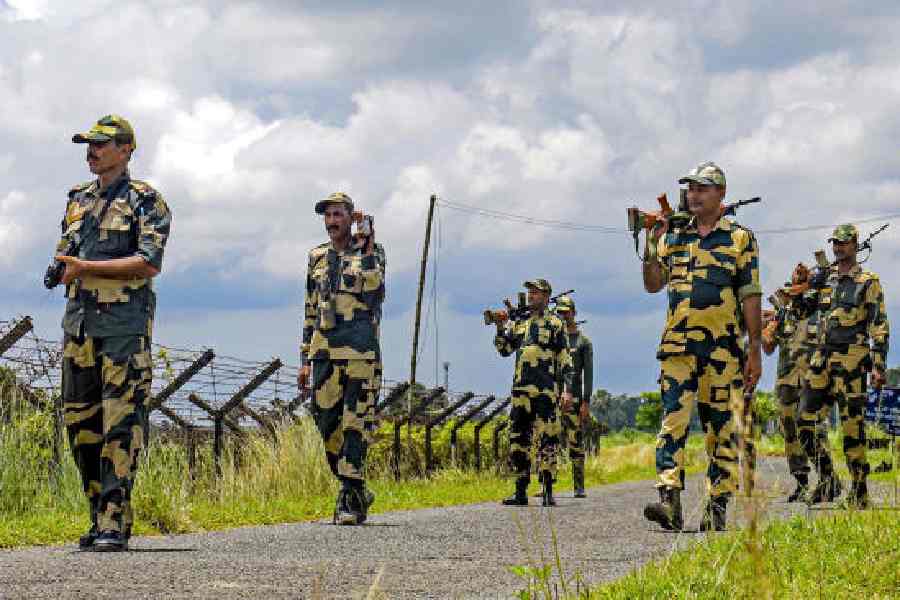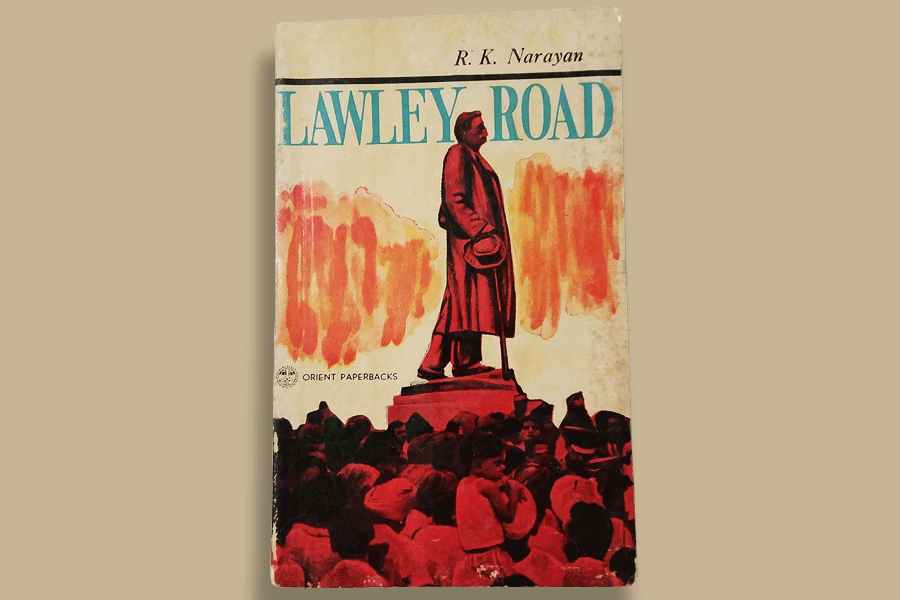|
|
“When I call on cabinet ministers, the president, or governors, they all love to talk about their sons, sons-in-law and daughters in the US and how well they’re doing and how well they like things. The next day I read in the papers the very same people are denouncing the US as a totally different kind of country.” — William B. Saxbe, American ambassador to India, 1975-77.
If the Chinese are laughing up their sleeves at the prospect of being spared the awkwardness of striking a dissonant note if and when the Nuclear Suppliers Group meets, the Americans are probably bemused by a moralistic hypocrisy of which the Left Front is the last and most vociferous exponent. Its complaint that the real purpose of the civilian nuclear agreement is “to promote India-US strategic ties” points to the curious gap between political and public attitudes that Saxbe encountered.
There are sound reasons for resisting American policies like protectionism. But by no stretch of the imagination can it be claimed that the nuclear treaty will suck India into a predatory grand design for world domination. Yes, by helping India to grow the United States of America hopes to expand the market for American merchandise without necessarily according equal facilities to Indian exports. Manmohan Singh made the point earlier this month when he criticized the reluctance of “many developed countries” to reduce farm subsidies while seeking to sell goods and services to developing nations. The corrective is not to cut India’s nuclear nose to spite its diplomatic face but to thrash things out at trade talks where developing countries like India commendably refuse to sacrifice the interests of small and marginal farmers.
Nations relate to one another at many levels, and it is simplistic to imagine that the ability to stand firm when firmness is needed is impaired by, say, the Malabar exercises. Or that nuclear cooperation will compel India to send troops to Iraq or boycott Iran. The treaty — “as good a text as one can possibly get” according to the national security adviser, M.K. Narayanan — will end crippling sanctions that have been in force since 1974. It will give India a unique status within the nuclear regulatory regime and de facto recognition as a nuclear weapons state. Access to advanced civilian nuclear technology will reduce dependence on imported oil and natural gas whose prices are spiralling, pave the way for military and other high-technology trade, and enable India to devote indigenous resources to its nuclear weapons programme.
The Bharatiya Janata Party complains that the treaty will limit India’s ability to develop nuclear weapons since the US will be entitled to cancel the agreement and take back any American-supplied nuclear technology and fuel if India carries out more weapons tests. But in office, the BJP proposed a similar accord and hailed the US as India’s “natural ally”. Given this background, the BJP can still demonstrate maturity enough to rise above party politics and support the United Progressive Alliance in the national interest. Lal Krishna Advani displayed statesmanlike appreciation of the need for bipartisan consensus in 1991 when P.V. Narasimha Rao and Manmohan Singh sought his approval for their economic reforms even before discussing them in cabinet. If India is “Shining” today, it is partly because bipartisan cooperation removed liberalization from contentious politicking.
Clearly, no one in today’s Congress can match Narasimha Rao’s astute management skills. But no point will be served by Manmohan Singh quitting in frustration. Undoubtedly, it will be embarrassing for him to face George W. Bush and the other G8 leaders in Tokyo on July 8 with such a highly-publicized and acrimonious stalemate at home. But to cut and run would only plunge the country into a crisis, while surrender would damage our future and lose the world’s respect. The only way of ensuring both is to summon up the courage to go ahead with an approach to the International Atomic Energy Agency. That might mean eventually having to dissolve parliament and seeking a fresh mandate. Singh may not get it but even failing in the attempt will save his reputation — as nothing else can — and attest to the seriousness of his commitment to a cause that is of both material and psychological importance to India.
Unambiguous action would also set at rest any lingering doubts about the UPA chairman. Sonia Gandhi’s support for the treaty has not received as much notice as Left Front objections. The unfortunate result is the public perception that mindful of dynastic ambitions, she would rather not rock the Congress boat. The supposition may be totally wrong, especially in the light of reports that Rahul Gandhi has thrown his weight behind the prime minister. His mother’s reticence may not be so much on account of his or his sister’s future prospects as the need to carry party and coalition with the government. But since she is under permanent scrutiny and what she says and does can be misinterpreted, Sonia Gandhi owes it to her position as well as to Manmohan Singh to go public on this issue, come what may, much more resoundingly. Then only will rank and file Congressmen and the UPA’s faint-hearted allies be convinced that this dance will no further go.
Nothing is more revealing of the short-term self-interest that determines their attitudes than the alacrity with which they shift ground, rushing from pillar to post in search of arguments. High inflation has fallen like a plum in their laps, producing dire warnings of voter response. They repeat that the nuclear agreement was not in the UPA’s common minimum programme, and that the subsequent Congress promise to “engage the US in scientific, technological, strategic and commercial cooperation” does not amount to a collective commitment. Lately, the allies have dredged up the old bogey of Muslim discontent that was one reason for India’s coldness to Israel for so many years. It was also used to bludgeon the Chandra Shekhar government for extending airport facilities to American military planes during the first Gulf War.
These are excuses, not reasons. Congressmen want to cling to their parliamentary privileges for as long as they can. Their allies have no wish to face the electorate a day before they have to. The Left Front’s calculations, far removed from anything remotely ideological, argue even more powerfully in favour of a status quo that transforms its leaders into the larger-than-life shadows thrown by puppets. A small coterie enjoys a veto that is not justified by its national vote-bank, certainly not after the West Bengal panchayat polls. Considering the gamut of objections trotted out, one feels that if some obscure sadhu in sandalwood paste and vermillion were to denounce the agreement as inauspicious, Prakash Karat would pounce on it at once. Everything is grist to a self-serving mill.
But it would be folly not to recognize that underlying all this posturing — even of the BJP’s — lies a distinct uneasiness about the US. That’s at the political level where operators are prisoners of the past. At the people’s level, India is like Communist Poland where the applicant for a passport explained he wanted to go to America for President Reagan’s funeral. Told Reagan wasn’t dead, he said he preferred to wait in the US for him to die.
It calls for no American proselytizing for Indians to hanker for the American Dream. The example of 2.3 million Indian-Americans, the richest minority group there, is enough. The Pew Research Center’s report claimed, first, that India is the world’s most pro-US country, and second, that it is one of the few countries where Bush is more popular than he is at home. Politicians, whether of the Marxist or Hindutva brand, who claim that India cannot trust the US are not in touch with Indians. An astute strategist can still bridge that gulf and save India’s nuclear future. There’s a role here for Sonia Gandhi.



